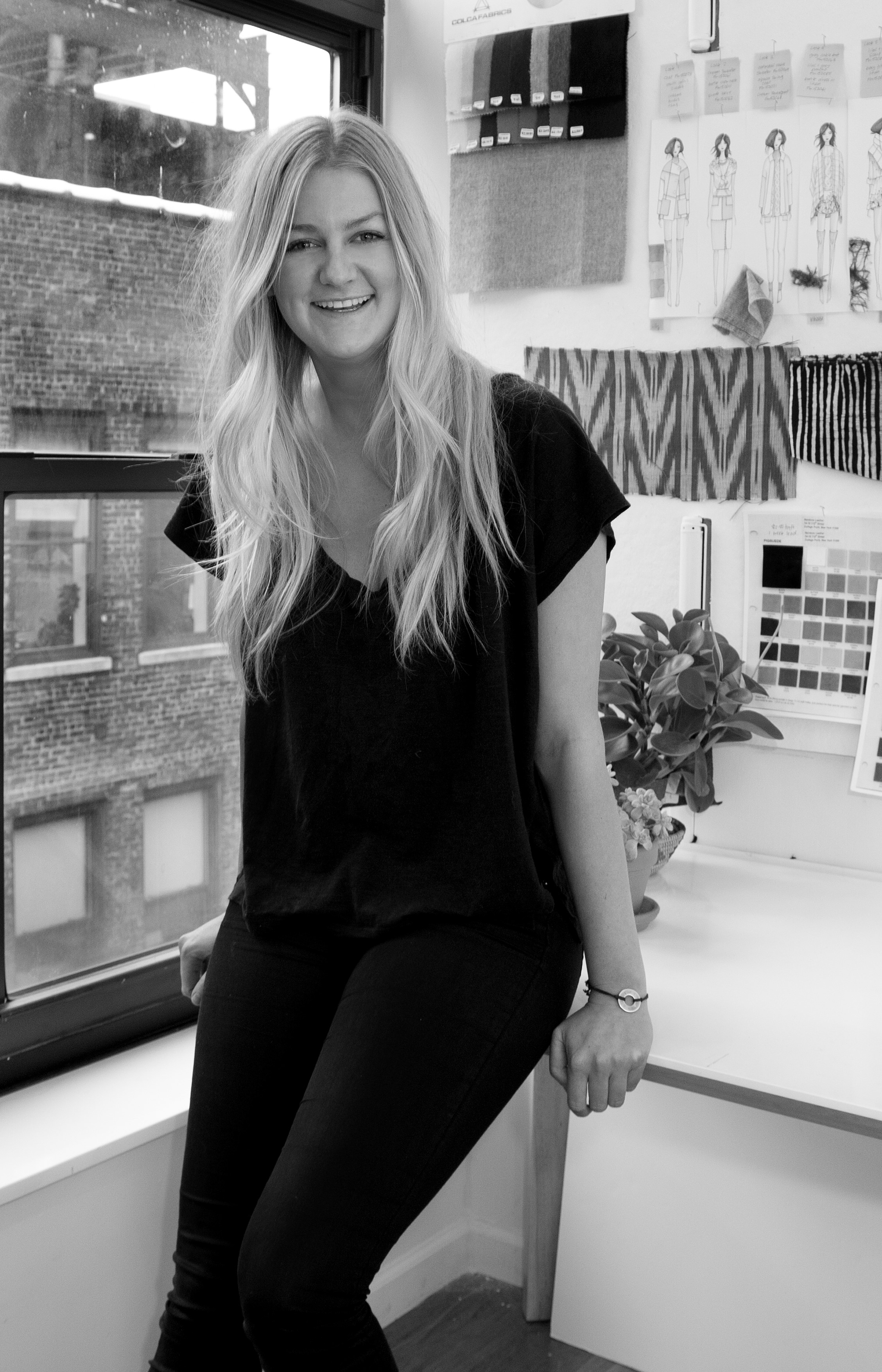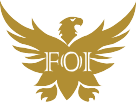
Q&A with Caroline Fuss
Founder of Harare
Principal Series:
Family Office Insights sits down with Caroline Fuss, founder of the luxury fashion line Harare, to discuss how she furthers her personal mission of unearthing rich artisan culture around the globe and celebrates it through high-end women’s fashion.

Family Office Insights is a voluntary, “opt-in” collaborative peer-to-peer community of single family offices, qualified investors and institutional investors. Join the community here www.familyofficeinsights.com
What was the impetus for launching Harare and what is its mission?
Our mission was born out of a trip I took to Guatemala where I was based in Largo Atitlan. I spent three months learning Spanish and the ancient craft of back strap weaving, handloom weaving and embroidery native to the Guatemalan highlands from local women. I quickly became aware of the deeper social concern of how this craft was feared of becoming extinct. This style of weaving is so primitive and hasn’t resonated with next generation as it normally would, namely due to financial expectations. So severe is the concern that the Guatemalan government has since made weaving classes mandatory throughout its universities. The question I asked myself was: why couldn’t we work out of these communities and what were the problems we needed to fix?
I set out to work with people who could support this business venture for me including agents, weavers and artisans based in Guatemala. The ability to achieve large scale PO’s while simultaneously aiding entire villages and creating product that holds its own unique identity within the market place is at the very core of what we believe in.
You operate out of Guatemala, Sri Lanka and Peru. Why did you choose those regions?
In essence, I’m interested to work with any country in the world that is rich in artisan trade, and furthermore needs support from companies such as mine. All of these countries have proven their ability to maintain a high level of quality, constituency and the ability to scale production to meet demands. Guatemala became quite simplistic to organize after some sixteen months of operating in the country and logistically it’s not that far from New York. In late 2014, Harare was selected alongside Club Monaco and Ulla Johnson to learn about the local alpaca industry by attending “Alpaca Fiesta”, held once every three years in Arequipa, Peru. There I leant all about the fiber, the milling process and was introduced to an array of artisans, agents and sources to aid with my expansion into knitwear.
Separately, an intern from Sri Lanka approached me regarding the local craft of batik, which utilizes wax resist to create incredibly beautiful prints on silks predominantly. I spent most of my time there in 2015 researching to really learn and understand the craft, as well as set up sufficient production and sourcing networks.
It’s been an extremely organic growth process, but each region takes a lot of time to develop, and I think for now we are going to focus on these three climates and really perfect the work that we are developing within them. It’s so rewarding on a personal front to see all of our partners’ growth, and have the ability to see them face-to-face annually.
How does Harare help to empower female artisans?
Not all of our artisans are female, but about 80% are. The empowerment component is extremely important to me. You have entire regions that were known for their crafts and in many ways this is what traditionally made a country rich in terms of trade. Today, unfortunately, many of these countries are striving to become more Western and they are losing touch with what makes their nations so special. It’s our global mission to partner with these artisans and reinvigorate their trade through sufficient financing, increased demand for product and of course the understanding that what they are doing is so valuable in this world, as opposed to simply cutting denim for a factory in Honduras.
We hope to provide a broader perspective by illustrating why we are doing what we are doing by showcasing finished garments and press kits or even articles about their products that were featured in The New York Times. The fact that they can see a Western model in their clothing as opposed to someone in the village they have been doing work for decades, is quite powerful.
What are some of the more interesting projects you’re currently helping to facilitate?
All of our projects are run in a similar fashion and are focused on our key products and how to expand them in the market place. The fashion space is definitely challenging but we are getting so much recognition for our kimonos and ponchos; they are definitely becoming a staple for our Harare Girls.
Why is it paramount for the brands you back to have a global focus and to have an impact on both a fashion and a humanitarian level?
With every part of my being, I believe sustainability and social awareness is the future of the world. Anyone who is in a position of success is looking to improve the ways we currently operate in business from an ethical stand-point. Fashion is an insanely damaging industry second only to oil and gas and we’ve ignored the way clothing is produced and how our future generations might suffer because of it. To support that and to have a business with a good moral compass and an ethical mind, makes me feel more comfortable about the choices I’ve made as a human being on this planet. I recently attended Summit at Sea where I listened to all these world leaders and taste makers who discussed how VC funds are now backing companies with a social mission as the new frontier of money. Regardless of whether you have a social mission personally, it’s undeniable this is the wave of the future.
What’s next on the horizon for Harare?
Our goal right now is to increase our brand awareness and to find innovative ways in which to achieve greater brand value and recognition. We have a great social mission, and we want that to be an added bonus as to why consumers buy our product. We’re focused on content building and storytelling for our customers to dig deeper, if they so wish.

Caroline Fuss
Caroline Fuss graduated with honors from prestigious East Sydney Technical college in 2009. Her graduation collection was hand selected by IMG to showcase at Mercedes Benz Australian Fashion Week in May 2010. Later that same year, Caroling moved to New York to further develop her design skills and industry knowledge and luxury powerhouse ProenzaSchouler. In the winter of 2012, Harare was born. The first collection was debuted to the New York contemporary marketplace in the Spring of 2013. For more information, please visit http://www.harareny.com/.
